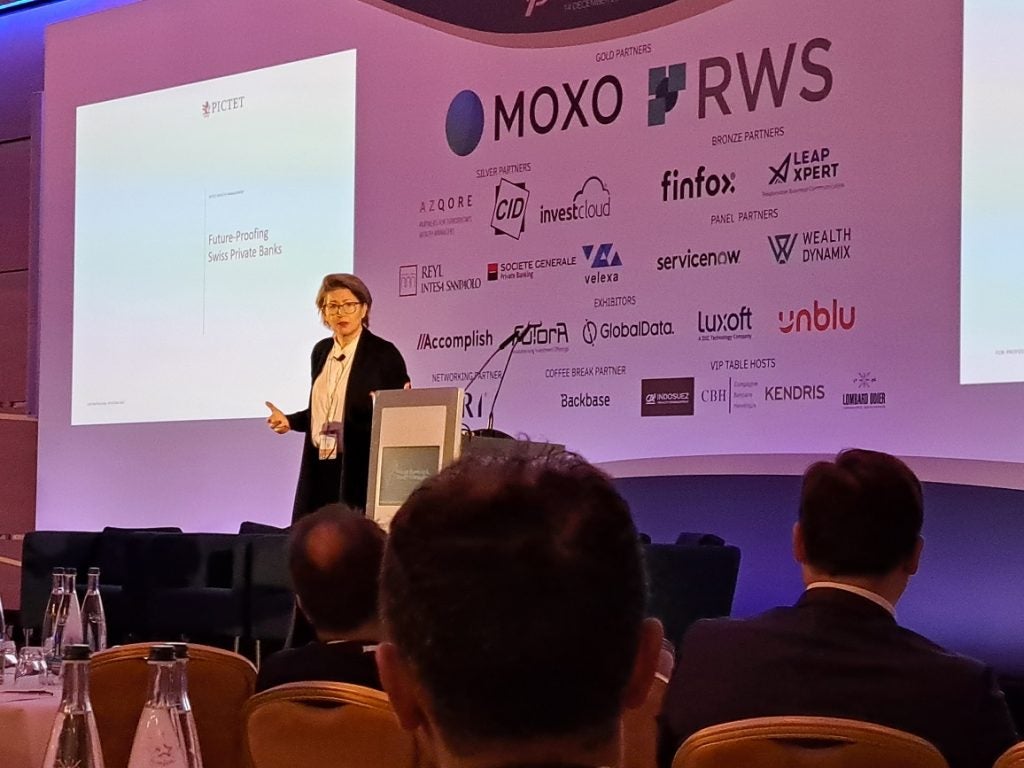Switzerland has long set the benchmark for private banking, created on the backbone of professional dominance, creative asset allocation and of course secrecy. With much of this written into national laws, it has ensured its position as a market leader in onshore and offshore private banking.
This dominance has wavered following the 2008 financial crisis, when mounting foreign pressure for tax transparency began creating an inhospitable landscape. Already there have been causalities and banks have had to restructure themselves to survive.
Currently there are 13 separate Swiss banks under investigation by the US department o f justice (DoJ), with UBS, the world’s biggest private bank, having already paid out a $780m fine in 2009 following a deferred prosecution when it admitted helping US citizens avoid paying tax. Switzerland’s oldest bank, Wegelin & Co, was forced to shut its doors last year and pay a $75m fine after its encounter with the DoJ, despite not having a single US office or desk.
Attacks are not just US based. EU countries are also clamping down on Swiss banks as they try to reclaim lost taxes, added to the woes of a saturated domestic market and an extremely competitive offshore one. Switzerland is losing ground to Singapore and Hong Kong, who have positioned themselves effectively in the market place to service the needs of not only Asia, but also the Middle-East.
On the edge
How well do you really know your competitors?
Access the most comprehensive Company Profiles on the market, powered by GlobalData. Save hours of research. Gain competitive edge.

Thank you!
Your download email will arrive shortly
Not ready to buy yet? Download a free sample
We are confident about the unique quality of our Company Profiles. However, we want you to make the most beneficial decision for your business, so we offer a free sample that you can download by submitting the below form
By GlobalDataFor the moment, however, Switzerland remains one of the key wealth centres in the world. According to global wealth consultancy WealthInsight, estimated assets under management (AuM) for the Swiss wealth industry are in the vicinity of $2.8tn. Of this, the majority is tied up in offshore banking with the Swiss private banks and wealth firms holding $2.1 trillion worth of assets.
Martin Schilling, head of corporate finance and valuation financial services at PwC in Switzerland, says Swiss private banking is very much on the edge of a precipice. What lies ahead is not an end to Swiss dominance, rather sweeping change.
"It would be a poor sign if the only advantage of Swiss private banking were advantages built on evading taxes. I think that is clearly not the case," says Schilling.
Switzerland’s private banks have faced a mounting wave of pressure from not just the US, but also European neighbours, such as France and Germany, as well as the EU commission. This pressure has pushed banks into an untenable situation, leading the Swiss government to sign several agreements to allow banks to share account and client information in regard to tax.
For the bigger players, principally those with big US interests, such as UBS and Credit Suisse, they have had to capitulate in regards to secrecy or face the payment of hefty company taxes. Schilling says undeclared money is a thing of the past for most private banks and those still holding untaxed money are increasingly finding themselves in a precarious situation.
"From a regulatory point of view, the problem is that for the banks there is a huge uncertainty on how to precede," says Schilling.
Schilling is clear that until a solution is found it would be difficult for banks to know how to approach existing clients in the future, but also how to attract new ones.
Profit problems
Profitability has increasingly been put under pressure since 2008, as AuM decline and operating costs increase. Regulation is increasingly sucking up profits, and also creating an environment where Switzerland’s offshore proposition is less enticing.
Yves Mirabaud, senior partner at Mirabaud bank, explains it is not just regulation which has applied pressure to profit margins.
"For a bank like us, the fact that interest rates are extremely low, and our balance sheet is not paying anything anymore, with rates at zero, means a large source of profit has disappeared," says Mirabaud.
"On the cost side, there are two types of cost, there are investments: when we hire new relationship managers, a new team in asset management or a fund manager. It is an investment," says Mirabaud. "You can’t see it as cost, obviously it has a price, it goes on your P&L at the end of the year, but you invest.
"Where we don’t really invest, we have to incur costs in terms of risk, in terms of compliance, and in terms of lawyers working in the bank. Those things are obviously costs that do not bring in any new business."
Schilling also marks out similar reasons for t he dwindling profits of the Swiss banks, but also believes Switzerland’s stability has brought its own rewards in terms of net new money.
"What you have seen in the past two years, the net effect was not entire net new money outflow, because Switzerland was profiting from the uncertainty in European countries around it," says Schilling.
"Therefore we had two movements: one was certain money out flows due to questions with untaxed money, but nevertheless we had net new money inflows thanks to the stability and attractiveness of Switzerland."
These new inflows have remained and continue to come in as financial volatility hits more European nations. Schilling puts this down to the stability of Swiss government and the Franc.
Secrecy vs. stability
In the past, banking secrecy has been a key industry pitch for Switzerland, allowing offshore clients the opportunity to hold undisclosed amounts of money out of the reach and eyes of tax authorities.
This element of the Swiss system is all but finished; private banks now have to reposition themselves to offer a lot more transparency not only with international governments, but with client fees as well. This is not to say secrecy will not be a feature. "The private sphere protection side of the bank secrecy is very important and tax side is not at all," says Mirabaud. "The time where bank secrecy was protecting tax evasion has gone in Switzerland; I hope it is gone not only in Switzerland, but other countries as well."
Mirabaud says personal privacy will likely remain in the future. "We believe that in Switzerland that the protection of the private sphere is something of high interest."
Schilling agrees this will still be present within the Swiss private banking system, but believes it is the stability of Switzerland which will be the future selling point. "People relate to Switzerland’s stability, stable government, and stable currency.
These things are very important for the private banking industry; they were in the past and will definitely be in the future," says Schilling.
News skills required
Stability is also a key feature for Mirabaud, as well as what he believes is some of the world’s highest standard of bankers.
"I believe the quality of the staff and their skills are much higher than anywhere else, and the expertise as generalists are much higher than they are anywhere else," says Mirabaud. He is willing to concede Swiss bankers’ approach does have its flaws, often looking at a too broader picture in regards to portfolio performances.
"Switzerland needs another kind of private banker compared to the past, and that is something the Swiss financial market must anticipate and act on accordingly," concludes Schilling.
For an insight into Swiss M&As visit the following page: http://www.privatebankerinternational.com/Analysis/the-great-slimdown







